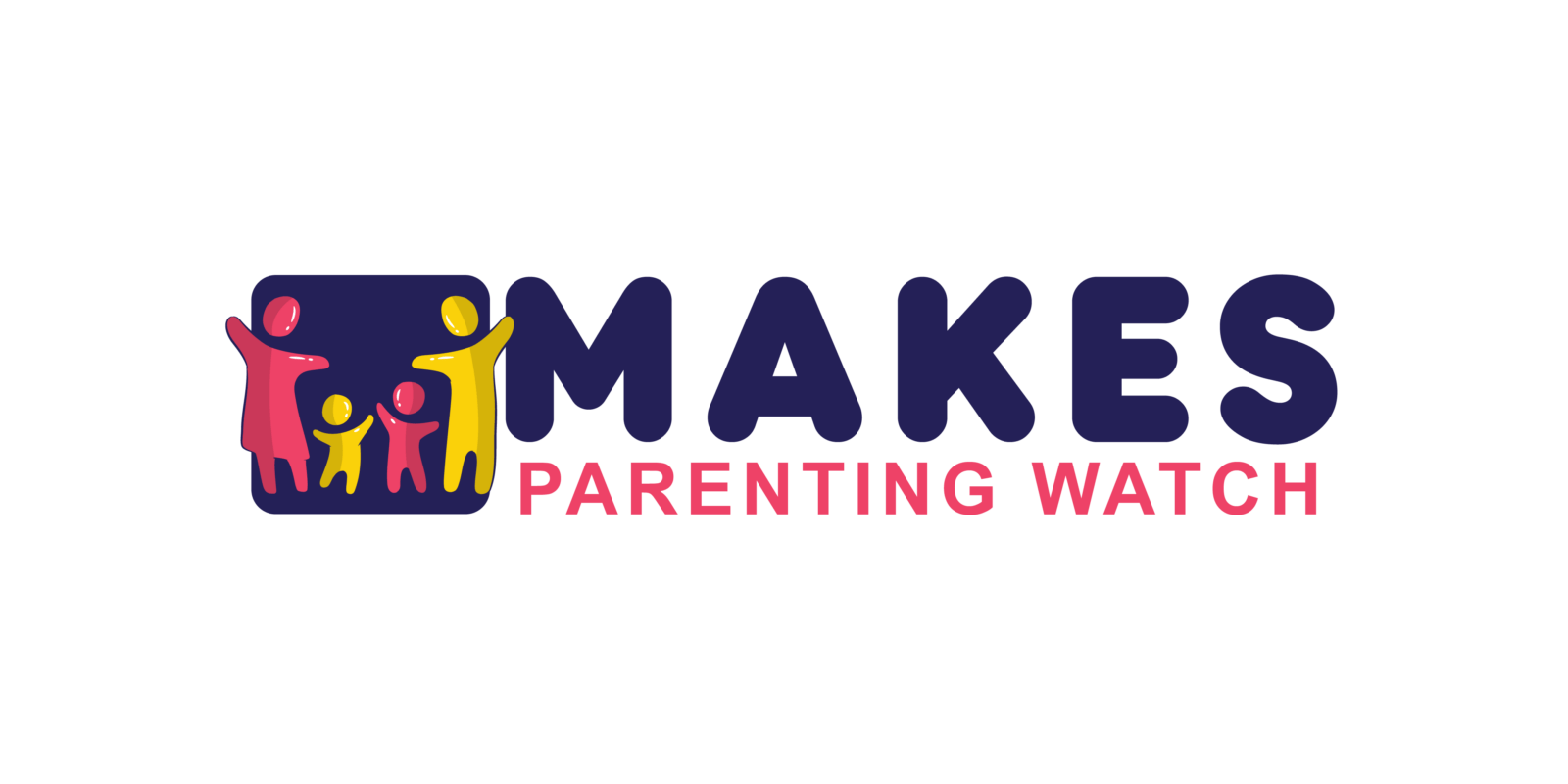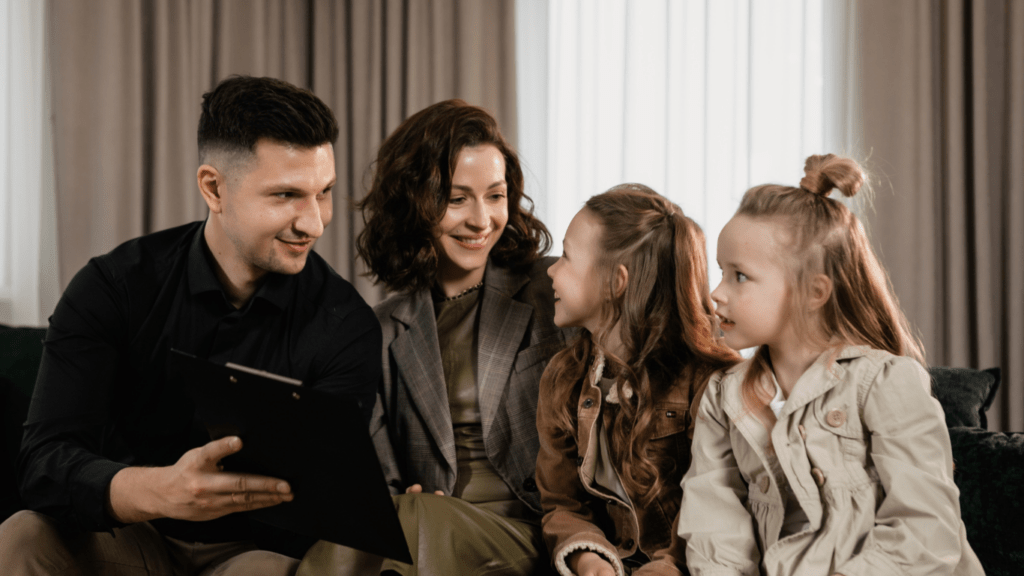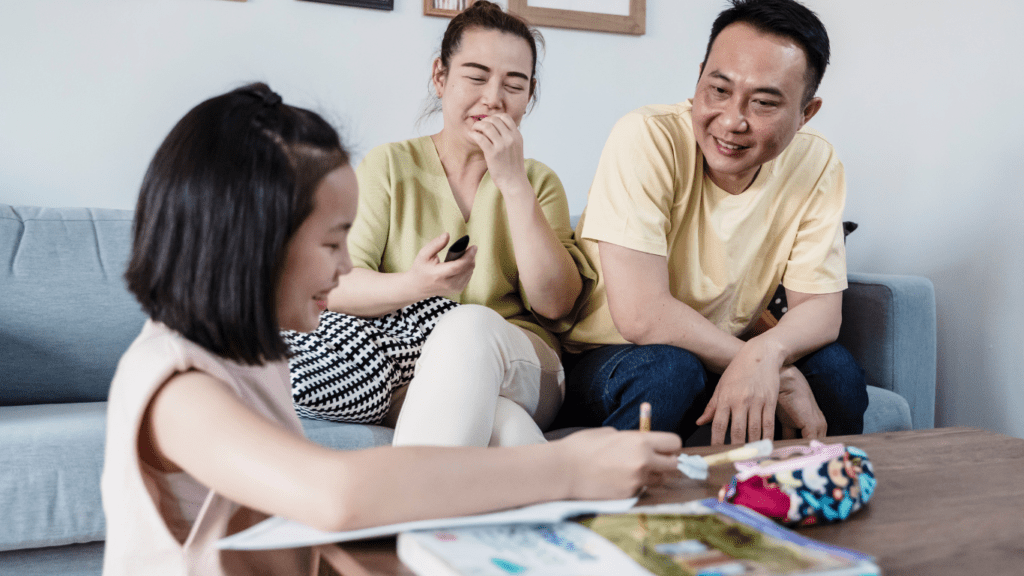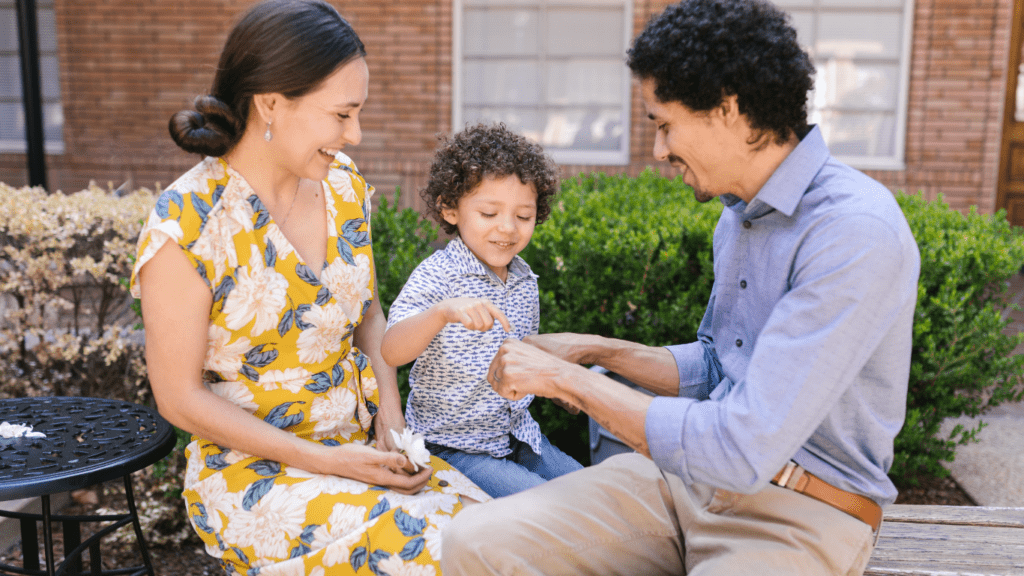Understanding The Art Of Listening
Listening is more than just hearing sounds; it’s about comprehending the underlying emotions and thoughts. When I pay attention to my child’s words, expressions, and tone, I can grasp the full message they’re communicating. This active engagement fosters a sense of trust and security.
Key Components Of Effective Listening
- Eye Contact
Making and maintaining eye contact shows my child that I’m fully present and engaged. It demonstrates that I value their thoughts and feelings. - Body Language
Using open and welcoming body language, like nodding or leaning slightly forward, signals that I’m interested in what my child says. Conversely, crossed arms or a lack of facial expressions can suggest disinterest. - Reflective Listening
Paraphrasing my child’s words, for example, “It sounds like you’re upset because you had a tough day at school,” helps validate their feelings and ensures I understand their perspective correctly. - Avoiding Interruptions
Letting my child complete their thoughts without interruptions shows respect for their viewpoints. It also helps me avoid misinterpretations and ensures they feel heard.
Benefits Of Active Listening
Active listening enhances the parent-child relationship. Children feel valued and understood when I genuinely listen. It also helps me recognize and address any underlying issues or concerns they might have.
- Emotional Bonding: When I listen actively, it strengthens the emotional connection between us. My child is more likely to open up about their feelings and experiences.
- Trust Building: Consistent active listening lays the foundation for trust. My child knows they can rely on me to be present and supportive.
- Improved Problem-Solving: Understanding my child’s concerns enables me to offer better guidance and solutions. Effective communication results in collaborative problem-solving and decision-making.
Importance Of Effective Communication
Effective communication strengthens the bond between a parent and child, fostering a supportive and understanding relationship.
Building Trust
Communicating effectively helps build trust between parents and children. When I listen actively, it shows my child that I value their thoughts and feelings. For example, making eye contact and nodding affirmatively can demonstrate my engagement. This consistent validation encourages openness and honesty, creating a safe space where my child feels comfortable sharing their experiences. Trust developed through effective communication is essential for navigating challenges and misunderstandings.
Emotional Bonding
Good communication nurtures emotional bonding. Understanding and acknowledging my child’s emotions fosters a deeper connection. For instance, I practice reflective listening by summarizing their thoughts, which validates their feelings and shows empathy. This not only makes my child feel understood but also enhances our emotional closeness. Emotional bonding through effective communication also strengthens resilience, enabling us to face difficulties together.
Barriers To Effective Listening
Effective listening faces challenges that parents often encounter when engaging with their children. Recognizing these barriers can help improve communication.
Distractions
Distractions pose a significant barrier to effective listening. Everyday tasks, mobile devices, and background noise can divert attention from meaningful interactions. Focusing entirely on your child during conversations, by eliminating external distractions, can enhance the quality of the exchange. For example, turning off the TV when your child wants to talk shows that you value their words.
Preconceptions
Preconceptions affect how we listen and respond. Entering a conversation with preconceived notions or judgments can prevent genuine understanding. It’s essential to approach each conversation with an open mind, listening to your child’s perspective without jumping to conclusions. For instance, if you assume a child’s behavior before hearing their side, it can shut down open communication.
Strategies To Improve Listening Skills

Enhancing listening skills with children strengthens relationships and fosters better communication. Detailed strategies can make this process more effective.
Active Listening
Active listening requires full attention on the speaker, which nurtures understanding and helps build trust. When engaging with my child, I eliminate distractions and focus entirely on them. I make eye contact, nod occasionally, and provide verbal affirmations like “I see” or “That sounds interesting.” These actions signal that I’m fully present and engaged in the conversation. Reflective listening also plays a key role—I paraphrase what my child says to ensure I understand their message accurately, responding with, “So, what you’re saying is…”
Empathy And Understanding
Empathy involves genuinely putting myself in my child’s shoes to understand their feelings and perspective. When my child shares feelings or experiences, I listen without immediate judgment or reaction. Instead, I acknowledge their emotions by saying, “I can see how that would make you feel upset” or “That sounds really exciting!” This validation shows that I respect and appreciate their emotions. By demonstrating empathy, I strengthen our emotional connection and encourage them to communicate openly.
Asking Open-Ended Questions
Open-ended questions are essential for fostering deeper conversations and understanding. Instead of asking yes/no questions, I ask questions that invite detailed responses. Examples include, “What was the best part of your day?” or “How did that make you feel?” These questions encourage my child to:
- express thoughts
- feelings
- insights more freely
making our conversations richer and more meaningful. Asking such questions also demonstrates my interest in their experiences and opinions.
Practical Tips For Parents
Engaging with children requires genuinely effective listening. Here are some key strategies to enhance communication.
Creating A Safe Environment
Establishing a safe space encourages children to express themselves openly. Firstly, designate a specific area for conversations, free from distractions like TV or phones. Secondly, set aside regular family time for open dialogue, ensuring children know they have your undivided attention. Lastly, react calmly and compassionately to what your child shares, avoiding immediate criticism or judgment.
Non-Verbal Communication
Non-verbal cues tell children you’re engaged. Maintain consistent eye contact to show attentiveness. Use open gestures, such as nodding and facing your body towards your child, to demonstrate interest. Lean slightly forward to indicate active involvement. Smiling or frowning appropriately reflects understanding and empathy.
Benefits Of Improved Communication
Improving communication with your child fosters multiple positive outcomes. Engaging in effective listening and dialogue enables a deeper connection and mutual trust.
Strengthened Relationships
Consistent communication strengthens the parent-child bond. I notice that when I actively listen, my child feels valued and understood, leading to a more open and trusting relationship. These meaningful interactions create an emotionally supportive environment. As I show genuine interest in my child’s thoughts and feelings, trust builds naturally. This strengthened connection makes it easier to navigate challenges together and reinforces our emotional bond.
Positive Behavior Changes
Enhanced communication can lead to positive behavior changes in children. When I practice reflective listening and acknowledge my child’s emotions, they become more aware of their feelings and more likely to self-regulate. This acknowledgment helps them develop empathy and respect for others’ feelings. Additionally, my child tends to exhibit fewer behavioral issues since effective communication addresses underlying concerns, allowing for proactive problem-solving. The open dialogue promotes cooperation and reduces misunderstandings, contributing to overall harmonious family dynamics.



 Jameslee Silverayees – Founder Jameslee Silverayees is the founder and driving force behind Makes Parenting Watch, a comprehensive platform designed to support parents at every stage of their journey. As a parent himself, Jameslee recognized the overwhelming amount of information available and the need for a trusted source that offers practical, expert-backed advice. Drawing on his own experiences and his passion for family well-being, he created Makes Parenting Watch to be a one-stop resource for news, updates, and tips on everything from newborn care to family travel. Under his leadership, the website has grown into a highly respected community of parents, caregivers, and experts who come together to share insights and solutions. Jameslee is deeply committed to empowering families with the knowledge they need to raise healthy, happy children while fostering stronger family bonds.
Jameslee Silverayees – Founder Jameslee Silverayees is the founder and driving force behind Makes Parenting Watch, a comprehensive platform designed to support parents at every stage of their journey. As a parent himself, Jameslee recognized the overwhelming amount of information available and the need for a trusted source that offers practical, expert-backed advice. Drawing on his own experiences and his passion for family well-being, he created Makes Parenting Watch to be a one-stop resource for news, updates, and tips on everything from newborn care to family travel. Under his leadership, the website has grown into a highly respected community of parents, caregivers, and experts who come together to share insights and solutions. Jameslee is deeply committed to empowering families with the knowledge they need to raise healthy, happy children while fostering stronger family bonds.
